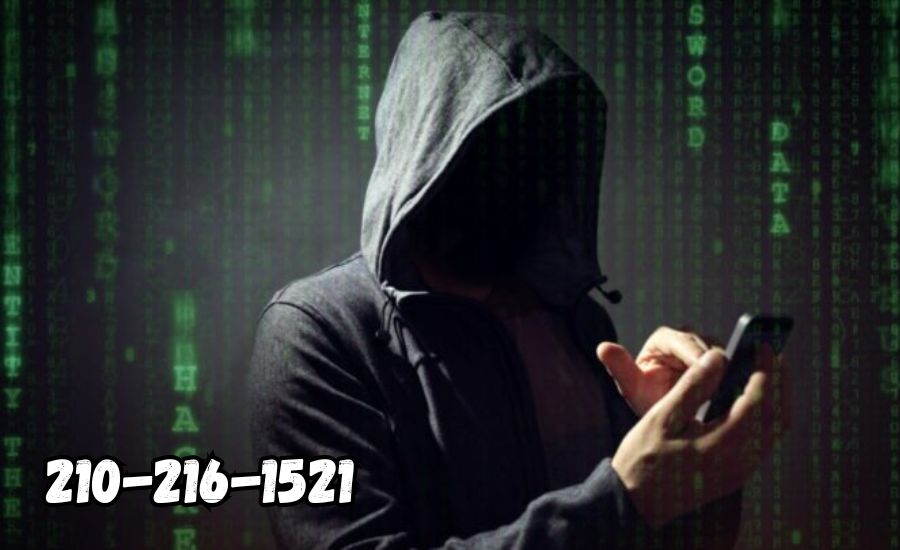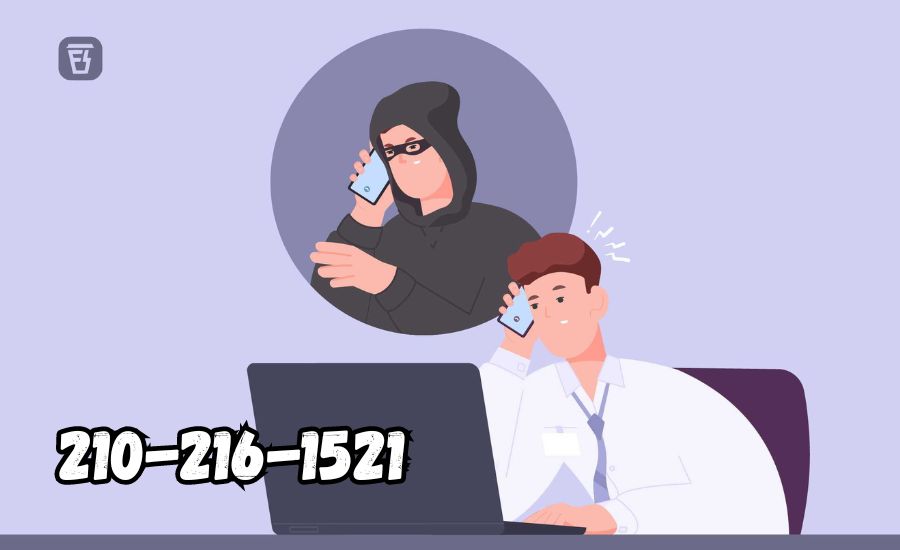In today’s digital age, phone scams are becoming increasingly common, posing significant threats to individuals’ personal and financial information. One such number linked to deceptive practices is 210-216-1521. This article aims to provide detailed information on the 210-216-1521 scam, its operations, and essential strategies to protect yourself from becoming a victim.
Understanding Phone Scams
Phone scams are fraudulent attempts to deceive individuals into providing sensitive information or money. Scammers often employ various tactics to appear legitimate, including:
- Spoofing Caller IDs: Displaying familiar or local numbers to trick victims into answering.
- Manipulative Language: Using high-pressure tactics and emotional appeals to create urgency.
- Fake Identity: Posing as representatives of well-known companies or government agencies.
The Rise of Phone Scams
Statistics show that phone scams have surged in recent years. According to the Federal Trade Commission (FTC), millions of Americans fall victim to these scams annually, resulting in significant financial losses.
The 210-216-1521 Scam Explained

The 210-216-1521 scam involves scammers posing as legitimate organizations, such as banks, utility companies, or government agencies. They contact victims claiming there is an urgent issue that needs addressing, like unpaid bills or suspicious account activity.
How the Scam Works
- Initial Contact: Victims receive a call from 210-216-1521.
- False Claims: The caller asserts that there is an urgent issue, such as tax problems or overdue payments.
- Pressure to Act: Victims are coerced into providing personal information or making payments immediately to resolve the issue.
Common Tactics Used
- Threats: Scammers may threaten legal action, fines, or even arrest if the victim does not comply.
- Emotional Manipulation: They may exploit fear or compassion to pressure victims into providing information.
- Urgent Requests: Scammers create a false sense of urgency, compelling victims to act quickly without thinking.
Recognizing the Signs of the 210-216-1521 Scam
Understanding the warning signs of a phone scam can help you protect yourself. Look for these indicators:
- Unsolicited Calls: Be cautious of calls from unknown numbers, especially if they ask for personal information.
- High-Pressure Tactics: Legitimate organizations will not pressure you to act immediately.
- Requests for Sensitive Information: Never share personal details like Social Security numbers or bank account information over the phone.
Protecting Yourself from the 210-216-1521 Scam
Taking proactive steps can significantly reduce your risk of falling victim to phone scams.
1. Stay Informed
Educate yourself and others about the latest phone scams. Knowledge is your best defense.
2. Verify the Caller’s Identity
If you receive a suspicious call from 210-216-1521 or any other number, hang up and independently verify the caller’s identity by contacting the organization directly using official contact information.
3. Use Call-Blocking Technology
Consider using call-blocking apps or features provided by your phone carrier to filter out known scam numbers.
4. Register for the National Do Not Call Registry
While this won’t eliminate all scam calls, it can help reduce the volume of unsolicited calls you receive.
Reporting the 210-216-1521 Scam
If you encounter a scam call from 210-216-1521, it’s crucial to report it to the appropriate authorities.
Federal Trade Commission (FTC)
You can report scams to the FTC through their website or by calling their consumer hotline. Reporting helps them track and shut down scam operations.
Your Phone Carrier
Notify your phone carrier about the scam call. They may have resources to help protect their customers from such calls.
Local Authorities
Consider filing a report with your local law enforcement agency, especially if you have experienced financial loss.
Read Also: 86-66-77-2629-Phone-Number
What to Do If You’ve Fallen Victim to the 210-216-1521 Scam

If you believe you have fallen victim to the 210-216-1521 scam, take the following steps:
- Contact Your Financial Institutions
Immediately notify your bank or credit card company of any suspicious activity. They can help monitor your accounts and prevent further losses.
- Place a Fraud Alert
Contact one of the major credit bureaus (Equifax, Experian, TransUnion) to place a fraud alert on your credit report. This warns creditors to take extra steps before issuing new credit in your name.
- Check Your Credit Report
Regularly review your credit report for any unauthorized transactions or accounts. You can obtain a free credit report once a year from each of the major bureaus.
- Report Identity Theft
If you suspect your identity has been stolen, report it to the Federal Trade Commission (FTC) and follow their guidance for recovery.
Staying Vigilant Against Future Scams
The 210-216-1521 scam is just one of many scams that individuals face. To protect yourself against future scams, consider the following tips:
- Educate Yourself: Stay updated on the latest scams and their tactics.
- Talk to Family and Friends: Share information about scams with loved ones, especially those who may be more vulnerable, like the elderly.
- Be Cautious: Always approach unsolicited calls and messages with skepticism.
Conclusion
The 210-216-1521 scam is a serious threat that can lead to significant personal and financial harm. By understanding how this scam operates and recognizing its warning signs, you can protect yourself and your loved ones. Always remain vigilant when receiving unsolicited phone calls, and never provide personal information or make payments without verifying the caller’s legitimacy. With the right knowledge and precautions, you can safeguard your personal information against the ever-growing threat of phone scams.
FAQs
Q: What should I do if I receive a call from 210-216-1521?
A: Hang up and do not provide any personal information. Consider verifying the caller’s identity by contacting the organization directly using official contact information.
Q: How can I tell if a call from 210-216-1521 is a scam?
A: Look for signs like unsolicited calls, high-pressure tactics, and requests for sensitive information. Legitimate organizations will not pressure you to act immediately.
Q: Can I block calls from 210-216-1521?
A: Yes, you can use call-blocking features provided by your phone carrier or install call-blocking apps to filter out known scam numbers.
Q: What should I do if I’ve fallen victim to the 210-216-1521 scam?
A: Contact your bank or credit card company immediately, place a fraud alert with credit bureaus, and report the scam to the FTC and local authorities.
Q: How can I report the 210-216-1521 scam?
A: You can report it to the Federal Trade Commission (FTC) through their website or consumer hotline, as well as notify your phone carrier and local law enforcement.
Stay informed with the latest news and updates on Dallasinsiders.com
